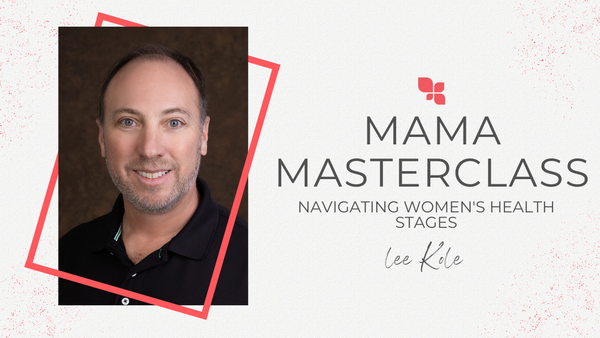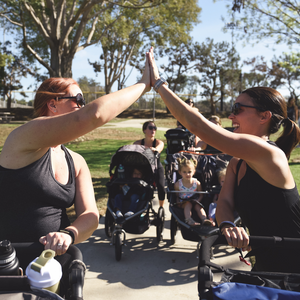As women, we experience a series of unique and transformative stages throughout our lives. From the excitement and anticipation of planning for pregnancy, to the wisdom and reflection that often comes with menopause, each phase brings its own set of challenges and joys.
Whether you’re just starting to think about starting a family or you’re well into the postmenopausal years, understanding the key aspects of each stage can empower you to make informed choices for your health and happiness.
One main tenet we have learned over the years is that we need a community we can rely on, a community of people and professionals who are in the same phases as we are and those that have “been there.” Be sure you find and lean on your community, your long term wellness and support team. Some day you will be helping many of them so do not feel any guilt during times when you feel like you are taking more than you are giving. That is what we are here for—one another. Also, know that when someone knows they helped you, it makes them feel good inside, it increases their self worth so do not deny them that opportunity to share their story and tips, then use what works for you!
Let’s explore each stage and discover the keys to thriving at every age.










